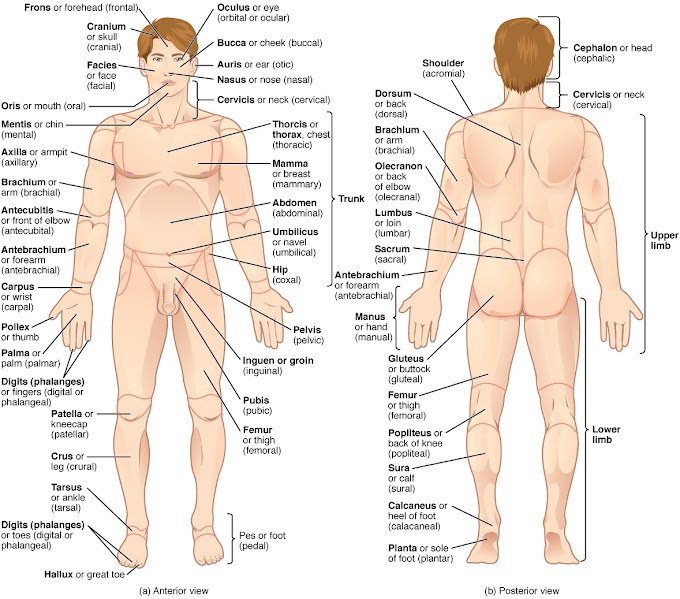The body is a wonderful machine that can be compared to a complex factory where people produce a plethora of products. It has many employees, who have a variety of duties. A number of them work in teams to keep the factory running smoothly. They work as a large community, with each organ working as a department within the factory.
1. What is an organ?
The word "organ" comes from the Latin word "organon", meaning "instrument". An organ is any part of the body that has a specific function. There are 11 organ systems in the body, each composed of various organs. Each organ has a specific job to do, and the organ systems work together to keep us alive and healthy. The integumentary system, for example, is made up of the skin, hair, nails, and glands. Its job is to protect the body from the outside world. The respiratory system, on the other hand, is responsible for taking in oxygen from the air and delivering it to the blood. Each organ system is essential for our survival.
2. What is the definition of an organ?
The definition of an organ is "a particular part of the body that has a specific function." When it comes to the human body, there are twelve organs that stand out for their importance. These twelve organs make up the eleven organ systems in the body, with the integumentary system being the twelfth. Each organ has a specific function that contributes to the overall health of the individual. Understanding the role of each organ is an important step in maintaining overall health and well-being.
3. What are some examples of an organ?
Some examples of organs include the heart, lungs, brain, and skin. The heart is responsible for pumping blood throughout the body. The lungs are responsible for exchanging carbon dioxide and oxygen. The brain controls all the activities of the body. The skin protects the body from the environment.
4. What are the 12 organs of the body?
The 12 organs of the body are the heart, lungs, brain, liver, pancreas, spleen, kidneys, intestines, bladder, rectum, and sex organs. Each organ has a specific function in the body, and when they're all working together, they make up the eleven organ systems. The integumentary system, skeletal system, muscular system, lymphatic system, respiratory system, digestive system, urinary system, endocrine system, and nervous system are the eleven organ systems.
5. What are the 11 organ systems?
The 11 organ systems in the body are the integumentary system, skeletal system, muscular system, lymphatic system, respiratory system, digestive system, urinary system, endocrine system, reproductive system, nervous system, and circulatory system. Each system has a specific function that helps to keep the body healthy. For example, the respiratory system helps us breathe, the digestive system helps us digest food, and the urinary system helps us get rid of waste.
Conclusion:
Organs are part of the human body and they work to help keep us alive. Our organ systems, however, work together in a special way to ensure that everything functions properly within our bodies so we can survive and thrive.









0 Comments